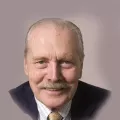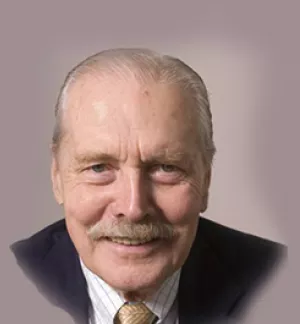The iPhone has an app (UL Eng-FR), which is an English-French dictionary and in which "secularism" translates out to laïcité. But they are not the same. Not quite.
In the huge demonstrations of up to four million people in France on 11 January in reaction to the massacre at the Charlie Hebdo offices four days earlier, there were, in addition to the mass of posters proclaiming "Je suis Charlie", some that stated, "Je suis juif, je suis musulman, je suis cathlique, je suis athée." There were others extolling unité and laïcité."
Laïcité is sort of a civic French religion that substitutes for conventional religions, which are not allowed to manifest themselves in the public space officially. Separation of church and state is mandatory. This is the reason behind the banning of the Muslim full facial scarf (le voile intégral) in schools and other public places.
Laïcité means that all belief systems, including atheism, are on an equal plane and people are free to move from one to another. It also means that French people are not to be classified by their background but by the single term "citizen" (citoyen). Background data cannot be collected in a census. That is why the number of Muslims in France — greater than in any other European country — remains unknown. It is estimated as between five and six million people. This is also why regarding people in terms of communities ("communitarianism") is not accepted in French discourse.
Laïcité is the product of a century-long struggle between the established Catholic Church and the revolutionary French state, ending in triumph of the latter in the legislation of 1905 on the separation of church and state.
Laïcité has an official status in France, in the person of Jean-Louis Bianco, president of the Observatoire de la Laïcité. Bianco, who appeared on the French talk show Internationales on January 25, stated that, as a result of the Charlie Hebdo massacres and other recent jihadist attacks, laïcité is going to be introduced as a subject of instruction in French schools.
Treating all in France as equal citoyens is a laudable but not always attained aim. The hard-hitting French Prime Minister Manuel Valls created a stir recently in using the word "apartheid" to describe the position of minorities living in poverty in housing projects in the suburbs (banlieues) of Paris and other French cities.
Statements and views expressed in this commentary are solely those of the author and do not imply endorsement by Harvard University, the Harvard Kennedy School, or the Belfer Center for Science and International Affairs.
Cogan, Charles G.. "The French Civic Religion: It's Called Laïcité." Belfer Center for Science and International Affairs, Harvard Kennedy School, February 6, 2015.



